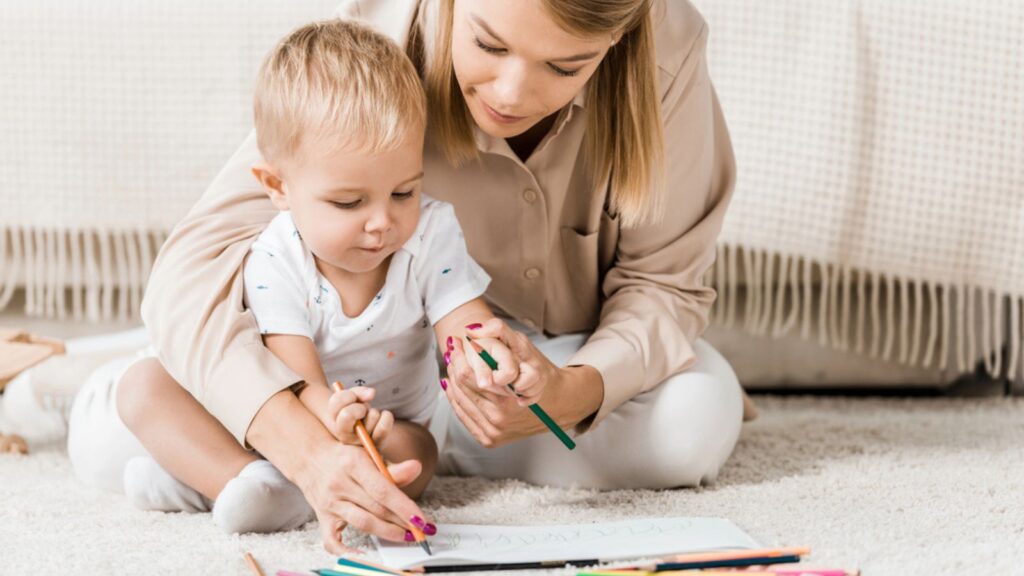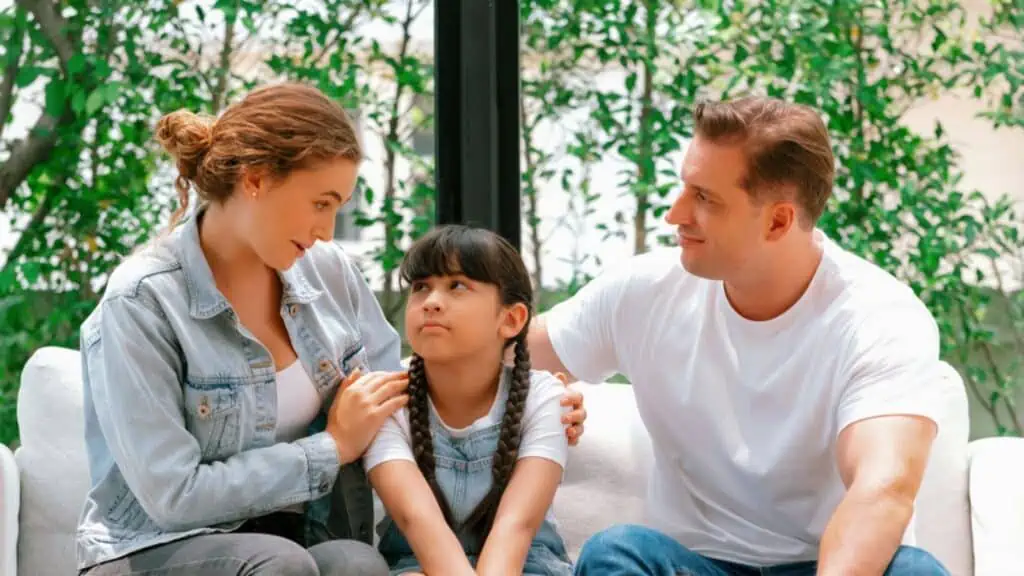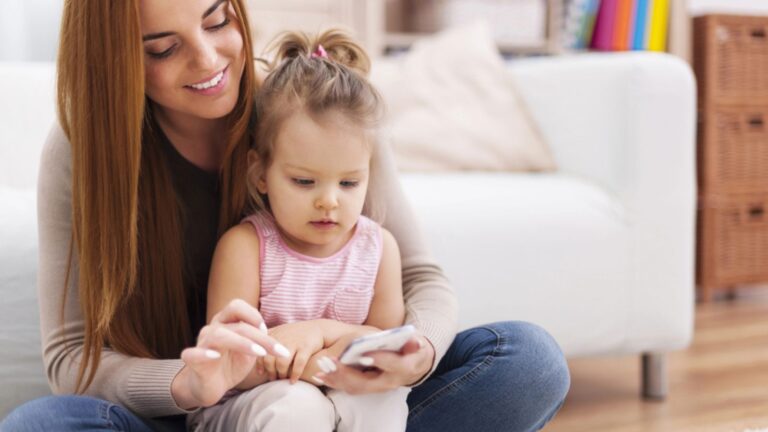12 Realities of Being the “Second” Parent
This post may contain affiliate links. As an Amazon Associate, I earn from qualifying purchases.
You must have heard the term “default parent” a lot lately, but it’s actually not a new phenomenon. The default parent is the one who’s always the preselected doer of the daily parenting roles. Are you not the primary caregiver at home? Do the kids always turn to your partner for their needs and requests, even when you are available? If so, you are the non-default parent.
For those who find themselves as the “second” parent—typically the one whose career demands more time—the experience can be uniquely complex. Netizens on social media have been commenting on the challenges of the non-default parent, which is also crucial for fostering a supportive family dynamic.
Being a “second” parent can sometimes lead to feelings of inadequacy or detachment despite both parents striving to create a loving and supportive environment for their children. Here are the key challenges faced by the second parent.
1. The Kids Rarely Call For You

One of the most heart-wrenching aspects of being the second parent is the realization that your kids might not turn to you as often. Whether it’s for help with homework, comfort after a bad dream, or even just a snack, kids tend to gravitate toward the parent they see most frequently. This can leave the second parent feeling sidelined and undervalued.
Despite these challenges, it’s essential to keep trying. Make an effort to be present during those small but meaningful moments. Show your kids you’re available and willing to help, even if it means rearranging your schedule.
2. You Miss Out on Many Milestones

Nothing quite compares to the agony of missing your child’s first steps, their first words, or their first day at school. These milestones are significant, and missing them can make the second parent feel like they’re missing out on their child’s growth and development.
One user recommends taking the kids out on your own when you can. Regularly talk to your partner about what events or milestones are coming up. Try to be present when you can, and when you can’t, make sure to celebrate those moments when you get home. Share stories, watch videos together, and show genuine excitement for their achievements.
3. You May Look Clueless About Your Family’s Operations

Being the second parent often means you’re not as clued in on your family’s day-to-day operations. You might not know the bedtime routine, the favorite bedtime story, or even where the soccer cleats are kept. This can make you feel disconnected and inadequate.
The best way to overcome this feeling is to keep showing up. Be proactive in learning the routines and responsibilities. Offer to help with chores and tasks, even if you fumble a few times. Your involvement will show your commitment and help you become more integrated into the daily flow of family life.
4. Feeling Guilty

The second parent often feels immense guilt for not being as present as they’d like to be. The weight of societal and personal expectations can be overwhelming, adding to the stress of balancing work and family life. You will most likely live with the guilt of missing your daughter’s dance recital because of a business trip.
Practicing self-compassion can be a powerful tool to combat these feelings. Accept that you are doing your best and that it’s okay to have limitations. It’s important to forgive yourself, knowing your intentions are rooted in love and commitment.
5. The Struggle with Discipline

Being the second parent might mean you’re not as familiar with the discipline rules set by the primary caregiver. You may unknowingly give the kids extra screen time against the stipulated house rules. This can lead to inconsistency in enforcing discipline, causing confusion and frustration for both the children and the parents.
Discuss and agree on the rules with your partner to ensure consistency. Regular check-ins can help both parents stay on the same page and present a united front. This will make disciplinary actions more effective and less confusing for the children.
6. Feeling Like a Guest in Your Own Home

The second parent may sometimes feel like a guest in their own home. You may even feel you have to ask for permission for simple things like changing the grocery list because you’re not in tune with the family’s preferences and needs.
It’s essential to carve out your role in the household. Take initiative in certain tasks or responsibilities that allow you to contribute meaningfully. This can help in fostering a sense of belonging and partnership.
7. The Battle with Resentment

In some cases, feelings of resentment can build up over time, especially if the second parent feels undervalued or disconnected from the family. This can negatively impact the relationship with both the partner and the children.
Open communication with your partner is key to addressing and alleviating these feelings. Share your emotions and work together to find solutions that make both parents feel appreciated and involved.
8. The Financial Pressure

As one online user says, being the default parent is hard, but being the default provider is also hard. The responsibility to ensure financial stability can be daunting and stressful. Balancing the books and worrying about providing the best for the family will often keep you up at night.
It’s good to establish and discuss shared financial goals with your partner. Working towards these goals together can distribute the pressure and create a unified approach to financial planning.
9. The Balance of Personal Time

When trying to balance work and family, the second parent might sacrifice their own personal time and self-care. This can lead to burnout and decreased well-being. Parents who also want to be present at home may skip personal time to squeeze in more family time, but it eventually takes a toll on health and energy levels.
It’s crucial to prioritize self-care and personal downtime. Investing in your well-being not only benefits you but also enables you to be a more effective and present parent.
10. Always Playing Catch-Up

The second parent may constantly feel like they are playing catch-up, trying to stay in the loop with family matters and events. This perpetual state of catching up can be exhausting. Sometimes, you come home to find out about decisions that have already been made and events that have already happened. You may always feel perennially out of sync.
Setting aside regular times for updates and discussions with your partner can help you stay informed and involved. This can alleviate some of the stress associated with feeling out of the loop.
11. Feeling Overlooked

The activities of the default parent are automatically visible, at least to the children. However, the efforts of the second parent can sometimes go unnoticed or undervalued, leading to feelings of frustration and insignificance.
Recognition and appreciation go a long way in maintaining a healthy family dynamic. Celebrate each other’s contributions and acknowledge the hard work of both parents.
12. Feeling Like a Helper, Not a Partner

A “second” parent might often feel more like a helper than an equal partner in parenting. This dynamic can arise when the primary caregiver issues directives or allocates tasks without collaborative discussion. A parents’ counseling expert says that as a partner, you should be proactive, predict problems, and make a plan to resolve them.
Striving for collaborative parenting is key to overcoming this issue. Regularly discussing responsibilities and decisions as equal partners can foster mutual respect and acknowledgment. Ensure that both parents have an equal voice in family matters.
20 Strong Words Parents Should Never Say to Their Kids

Countless adults sitting in a therapist’s office today are grappling with the lasting impact of words spoken by their parents during childhood. Regardless of how you perceive yourself, in your child’s eyes, you are nothing short of the most remarkable thing to happen to them since “skip intro.” This underscores the critical importance of being mindful of what you say to your children, as your words become the small but influential voice in their developing minds.
20 Strong Words Parents Should Never Say to Their Kids
16 Common Phrases Grandparents Should Stop Saying to Their Grandkids

Do you still remember something your grandparents said that made you uncomfortable? As much as we adore our grandparents, their words (even with good intentions) can sometimes hurt our feelings or are plain embarrassing.
If you are a grandparent, using your words mindfully around your grandkids is as crucial as any other relationship. Words hold immense power and shape our kids’ behaviors and perceptions.
16 Common Phrases Grandparents Should Stop Saying to Their Grandkids







